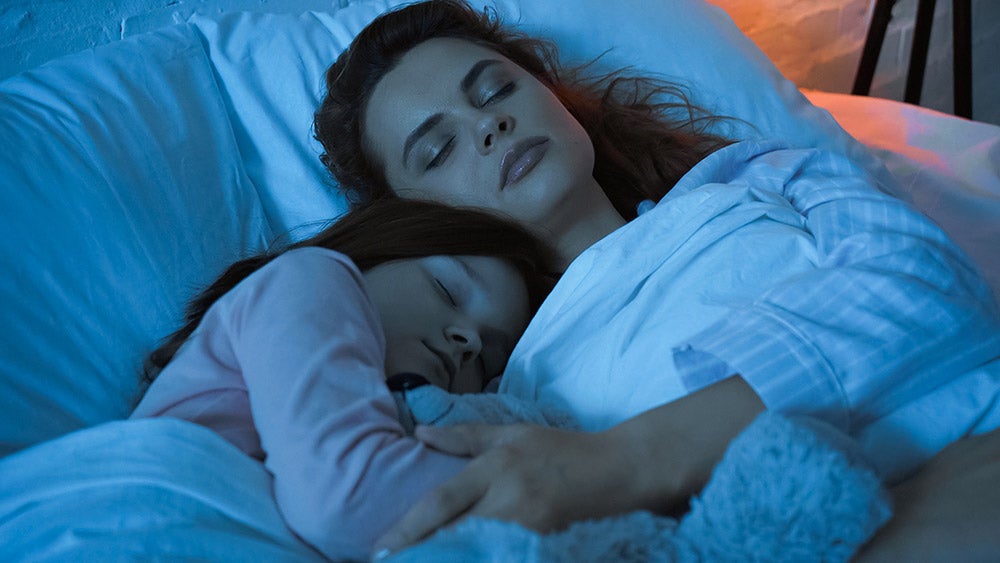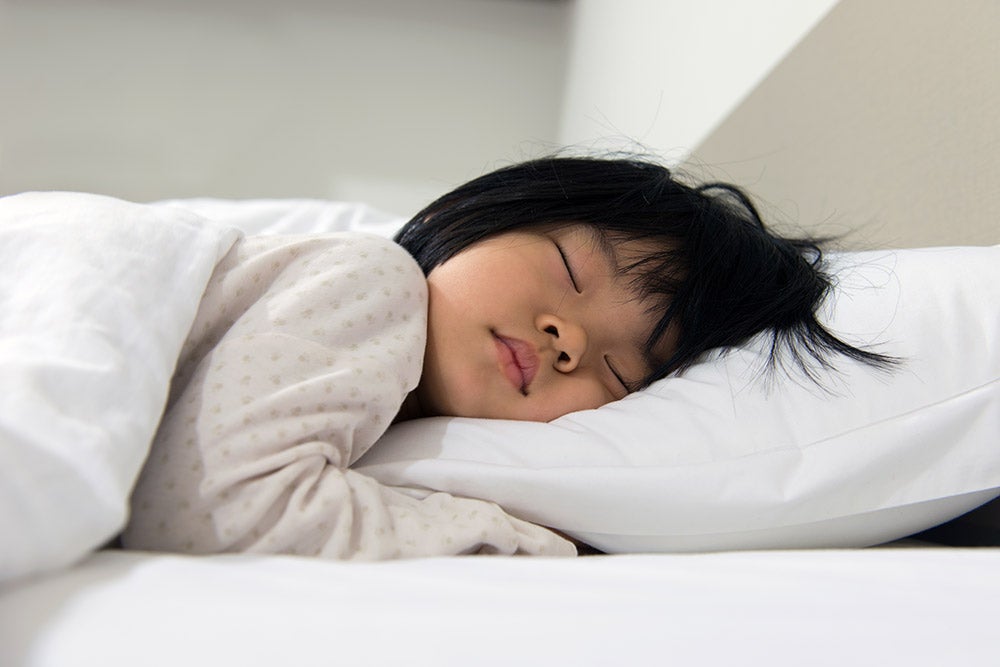Sleep anxiety is simply the fear of going to sleep. This is one of the most common disorders according to research. Someone who has sleep anxiety dreads bedtime. In severe cases, it is called 'Somniphobia'. There's a constant fear of not being able to fall asleep or stay asleep. If you're experiencing this kind of fear or anxiety about sleep, then this article is for you.
Who gets Sleep Anxiety
Sleep anxiety is not age-specific. This means it can affect anyone from any age group. People who have sleep disorders such as insomnia, narcolepsy, RSL, and the likes are very susceptible to sleep anxiety. Patients with mental health disorders are also very likely to experience sleep anxiety.
Causes of Sleep Anxiety
It's natural to feel anxious once in a while since we're humans. Even about sleep. The problem, however, is when this anxiety gets in the way of the normal, healthy flow of our lives. There are several reasons why many people are scared to go to sleep. A few of them include;
-
Fear of vulnerability or lack of control
Many people who experience this are afraid that something terrible will happen to them in their sleep and they're not going to be able to do anything about it. Some patients with sleep apnea feel that they can stop breathing and die in their sleep. While some dread the vulnerability that comes with not being conscious of your immediate environment. They're afraid they could be attacked, raped, or even killed while sleeping.
-
Fear of high-stress dreams or nightmares
This is especially common in kids and mental health patients. Every kid has a phase in life where they get nightmares and run to daddy or mommy. If these nightmares get too frequent, the child might start to dread bedtime.
Mental health patients often get hallucinations or extremely visual dreams that feel so real. Such ones might start to fear going to sleep and need mild analgesics to get any sleep at all.
People who are healing from a traumatic experience like the death of a loved one, sexual abuse, and the likes also get really scary dreams and may start to fear going to sleep.
-
Increased cortisol due to stress
Cortisol is a stress hormone secreted by the body. Elevated cortisol levels can lead to chronic stress. This causes undue anxiety and restlessness which may make it hard to fall asleep. A person with increased cortisol levels is certainly going to battle sleep anxiety. Some even experience a sudden spike in cortisol levels at night. They may need to see a specialist for expert advice on what to do.
-
Dread of Insomnia
Everyone has had mild sleep anxiety due to the fear of insomnia at one point or another.
Insomnia is the inability to sleep at night. It is commonly called sleepless nights.
Recurrent insomnia might cause anxiety and the fear of sleep.
Ways to Minimize Sleep Anxiety
The good news about sleep anxiety is that it can be minimized or even completely eradicated.
-
Focus on reducing stress throughout the day
In your daytime activities, try as much as possible to reduce stress. This doesn't mean that you become lazy and procrastinate on important work. It simply means that you become more intentional about your mental health and stress levels. Something as simple as maintaining good posture, taking frequent breaks, making out time for relaxation can help you reduce stress levels to the barest minimum
-
Build a healthy sleep routine
A healthy sleep routine or pattern helps your body understand when you need to sleep. Being generally organized will help you develop a healthy sleep routine. You can get a timetable and include nap and sleep times so that whenever you schedule appointments, they do not interfere with your nap time. Don't forget to set a timer to remind you when it's time to go to bed. With time, your body will adapt and you'll naturally start to feel sleepy once it's nap time.
-
Try a weighted blanket
If you don't have a sleep number bed, you might find a blanket with the right texture can make you feel like you're sleeping in paradise. If you're finding it difficult to fall asleep, try using a weighted blanket. It'll give you that comfortable, warm, cozy feeling you need to fall asleep.
-
Practice relaxation techniques
Relaxation techniques help reduce stress and lower cortisol levels. Meditation, yoga, deep breathing, are among many relaxation techniques you can try to help you fall asleep.
-
Steer clear of electronic devices
Healthy bedtime habits cannot be overemphasized. Your activities around bedtime affect the quality of your sleep. Avoid using your cell phone at least one hour before bedtime. This will help you to stay refreshed and sleep easily.
-
Design your room into a sleep oasis
The design of your room greatly affects your sleep quality. Ensure you design your room in such a way that it's cozy and comfortable. This will help you get more sleep. Ensure that your bedroom is softly lit and designed with warm colors. This will create a relaxing atmosphere that will make it easier to fall asleep.
For some people, sleep anxiety is terminal and they may not be able to get rid of it due to medical conditions. However, they can minimize it. Other causes of sleep anxiety are mild and can be gotten rid of. Simple lifestyle adjustments will help you reduce or exterminate sleep anxiety and get better quality sleep.






















